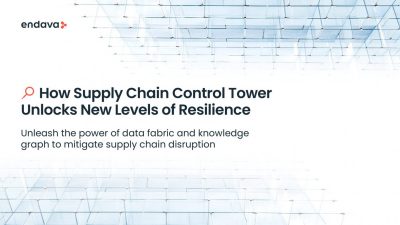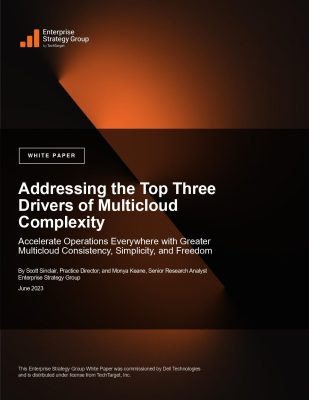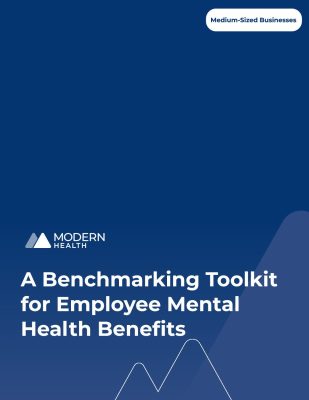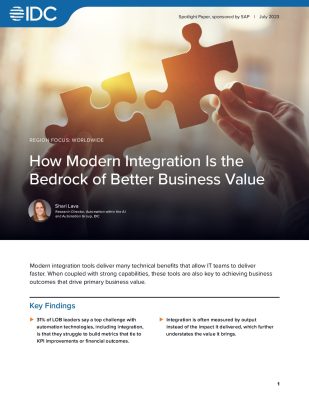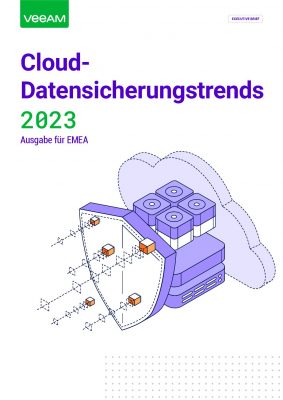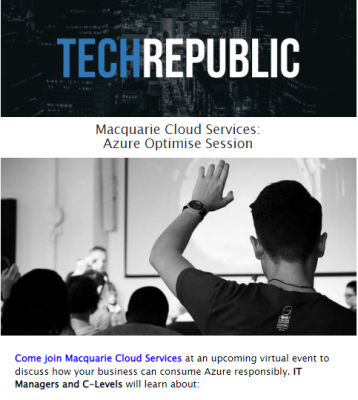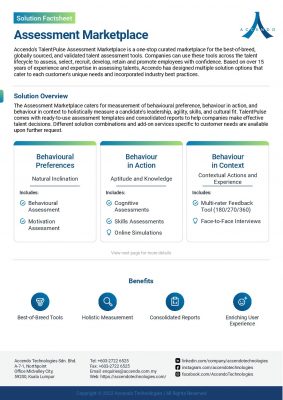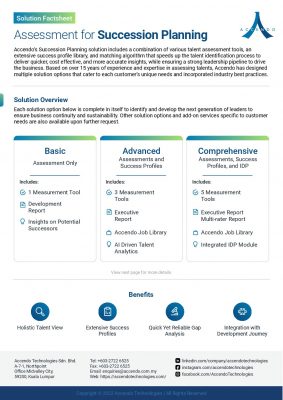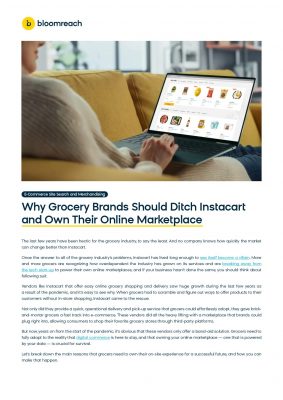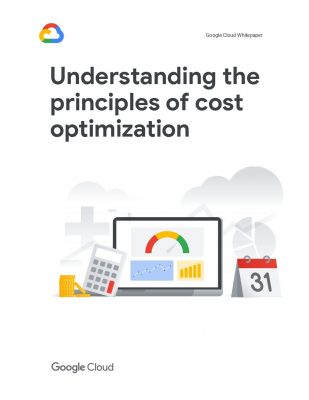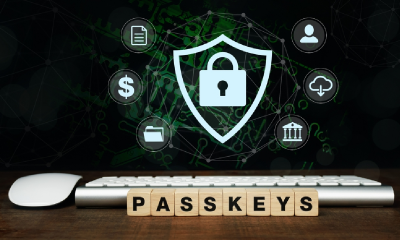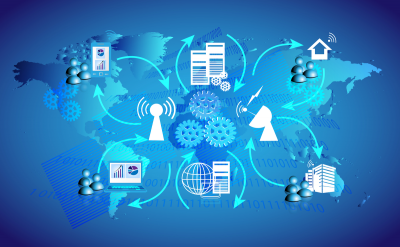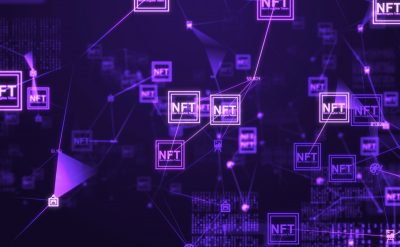Blockchain technology is poised to transform healthcare worldwide rapidly.
According to a recent TechSci Research report, in the next seven-year period, the blockchain trends in healthcare are predicted to reach a 70% compound annual growth rate due to the industry’s growing data breaches.
Blockchain revolutionizing healthcare
Following are a few of the essential reasons that state how blockchain is critical for healthcare-
- Blockchain technology reduces mistakes in healthcare records as it provides an option of sharing private information securely without even copying it. The additional feature of data time-stamped gives it greater security. With an ability to transfer payments securely across the healthcare environment, blockchain eliminates the need to depend on cumbersome and expensive equipment, gradually reducing its costs.
- Blockchain helps solve complex medical problems and diseases as it allows scientists and healthcare researchers around the globe to collaborate efficiently to exchange the researched data.
- With blockchain technology, scientists and healthcare organizations can easily crowdfund for research with cryptocurrency. Maintaining regulations becomes necessary to ensure fairness in financial exchanges worldwide, thus providing an option of access to healthcare for all.
- Blockchain technology enables individual healthcare agencies to collaborate through different means, thus giving them a chance to lessen worldwide healthcare disparities while handling diseases.
Benefits of implementation of blockchain in healthcare
Blockchain technology benefits the healthcare industry in multifaceted ways – let that be an ordinary patient, health professionals, or a legal community. It acts as a data management system for many of these fields; let’s learn how–
- Privacy: Blockchain technology facilitates increased privacy for ordinary citizens, especially when there is a personal ‘key’ code to access records. When it comes to blocking structure, only administrative users are permitted to update entries. While granting access, the overall records in the chain remain secure.
- Destigmatization: Enduring public health issues is a stigmatized issue, affecting patients under treatment. With the help of blockchain, it is simpler to maintain privacy and security for the records, and it isn’t easy to transfer the history between professionals without their permission. Thus, maintaining patient confidentiality becomes much easier, offering greater scope for a patient to privately access clinical support.
- Organization: Industries that maintain fundamental records are drowning in data management for the healthcare sector. Even though it is difficult to achieve data consistency for the staff, let alone facilities, there is no doubt that a user error can occur even with the best protocols.
For health, user error shows profound implications in both the cases of a single patient and the entire community. Blockchain technology helps hospitals and clinics to keep the data in a more organized form. This acts as an advantage for the patient as it makes maintaining documents easier, including prescriptions and billing.
Blockchain holds a bright future
Improvising medicinal research techniques
No doubt, medicine is a vast field to know, learn, and explore. Many health professionals aim to work on improving patient care and satisfaction each day. Today, it is the primary motivation for many clinical trials and research work in medicine.
This gives space for the emergence of an effective central system for sharing research data. Even though much of the research data has already been segregated, researchers are more interested in comparing trial results with fellow researchers. Still, there exists no digital system to perform it.
Incorporating blockchain in healthcare today can help put a full stop to such situations. Generating a secure digital system can help researchers worldwide access an extensive database of information involving patients’ approval. This would help in accelerating improvement in healthcare and a faster-accessing medicinal world.
Making pandemics manageable
The COVID-19 pandemic has been marked as the biggest outbreak of the year. It’s nearly after a century that the healthcare system is getting tested for its best results. The World Health Organization (WHO) faces issues every day due to a daily rise in false information. Along with this, developing and sharing triage procedures has also proven to be a tedious task. The major problem in it is the adequate storage and rapid circulation of data in real-time.
In alliance with WHO and IBM, the Centers for Disease Control has already planned a blockchain project. Various important activities that come under it are tracking, storing, and disbursing sensitive information in real-time to health centers for effective and uniform pandemic management. Implementing such a tool can stop the emergence of epidemics like COVID-19 sooner than expected.
Cost-cutting in health expenses
BIS Research’s report states that adopting blockchain technology in healthcare today is estimated to save up to USD 100 billion yearly by 2025. Through tokenization, eliminating avoidable third-party clients, counterfeit pharmaceutical products and malicious software, the industry aims to move toward complete transparency and accountability, and ultimately save money for both patients and healthcare companies.
Debating on digitizing and transferring health information in blocks is quite complicated today; the certainty of blockchain for every industry is gradually pacing up today. As a result, both the parties—the medical practitioner and the patient—will yield the benefit from the revolution blockchain will bring.
Wrap up
The approach to healthcare has improved through time. However, relying on blockchain to shape the future’s healthcare could eliminate global disparities and enhance the understanding of diseases and research.
Blockchain technology creates unique opportunities to enable trustless collaboration, reduce complexity, and create secure and immutable information.
To learn more about blockchain technology, please download our latest whitepapers on blockchain.

